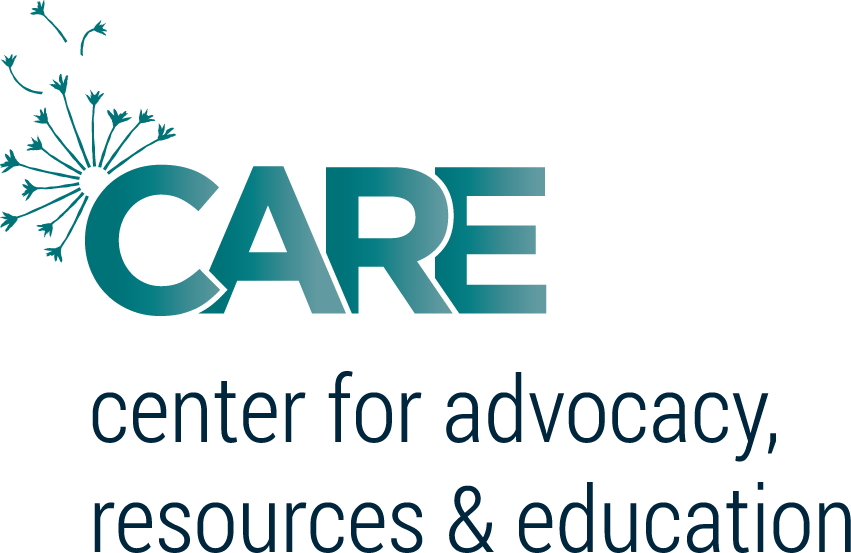CARE’s vision is to see a community free of violence and harassment. We believe that violence is 100% preventable when everyone within the community works together. CARE uses a multi-layered, public health approach in developing our training and education programs, meaning that we consider the safety and health of not just the individual but of the entire community as well. We strive to change social norms through primary prevention, train professionals in trauma-informed response, and provide community members with the skills to intervene safely when they hear or see harmful behavior.
CARE staff design and deliver workshops, training, and educational programs to UC Davis students and employees in a variety of settings.
Education for Incoming Students
CARE collaborates with New Student Programs and Aggie Orientation to deliver required sexual violence prevention education to all incoming students. The Violence Intervention & Prevention (VIP) program is a 90-minute in-person session that all first-year and transfer students attend during their Fall Aggie Orientation program. VIP is designed to compliment the online Sexual Violence and Harassment, Anti-Discrimination, and Prevention (SHAPE) course, which is mandatory for all students.
Sexual violence prevention education for incoming students at colleges and universities is required by California State and Federal law. UC Davis complies with these laws by ensuring that all incoming students complete the online training and receive prevention education during their orientation to campus. Completion of the mandatory education is tracked by the Office of Compliance and Ethics.
CARE also works with partners in Global Affairs and other units across campus to facilitate educational programs for international students, visiting students, and other students who are new to UC Davis.
Annual Education for Students
CARE collaborates with several campus partners to ensure students who are members of fraternities and sororities, marching band, and student athletes receive sexual violence prevention education each year. These educational programs are designed by CARE staff, who ensure that the content is updated each year and that the presentations incorporate any new trends, relevant community-specific information, and engaging learning activities. CARE also evaluates the effectiveness of its education programs using pre and post-tests and surveys. Attendance is tracked by the overseeing unit.
Ongoing Education for Students
UC Davis organizations, clubs, sports teams, sororities/fraternities, and other student groups may request a workshop for their members. CARE workshops include topics such as consent and healthy sexual communication, sexual harassment awareness and prevention, healthy vs. unhealthy relationships, boundary setting, and preventing violence as an upstander. These workshops are typically peer-led and facilitated by trained student staff and interns with CARE. Visit our Request a Program page for more information about setting up a presentation for your groups.
UC Davis faculty and staff may request an educational program or training for their class or department by emailing ucdcare@ucdavis.edu. Class presentations can be tailored to compliment the relevant course topic. Visit our Classroom Presentations page to learn more.
CARE also facilitates open campus events and programs during awareness months for sexual assault, dating and domestic violence, and stalking, and throughout the rest of the academic year. To learn more about our open programs, please visit our events page.
Training for Employees
CARE professional staff design and deliver training for faculty and staff, including student staff, aimed at increasing knowledge of the impact of trauma and building skills to respond effectively when faced with a disclosure of sexual violence or harassment. Training for professionals may also include addressing vicarious trauma or the impact of trauma-exposure, survivor rights and options, and responding to disclosures as a Responsible Employee.
CARE partners with Student Housing and other campus units to train their student and career staff on an annual basis. To learn more about training for employees and other professionals who may interact with survivors of sexual violence and harassment, visit our Training for Employees and Professionals page.
